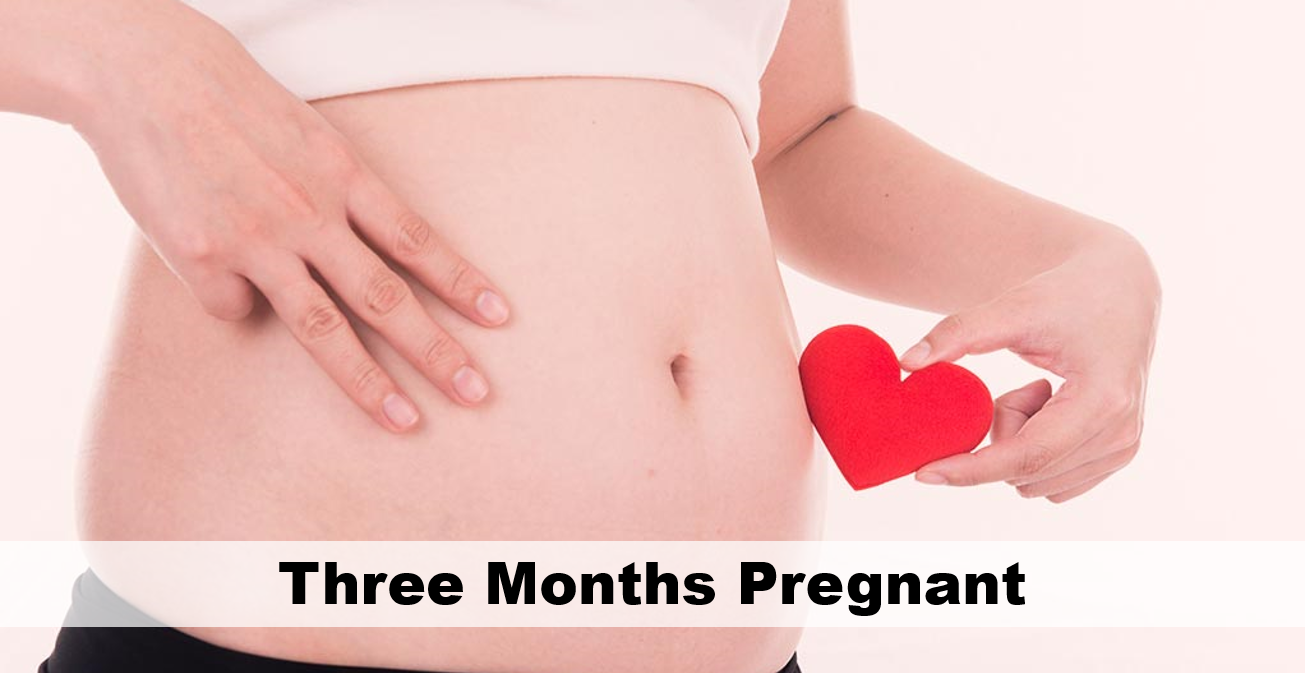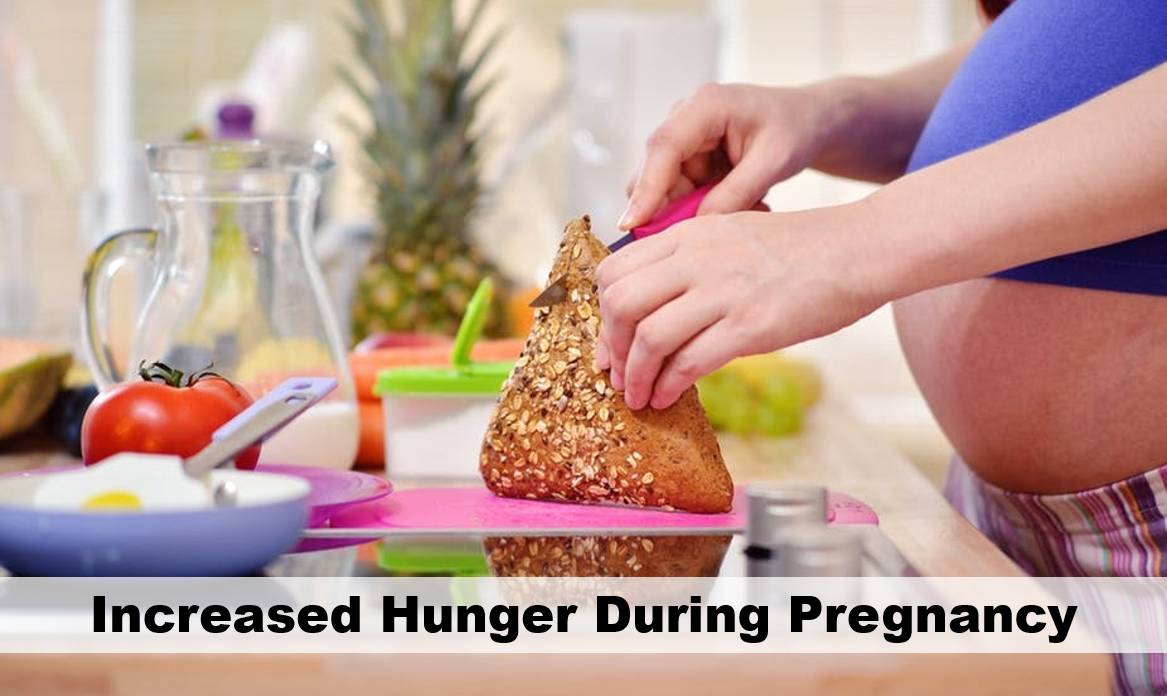How to Manage Mood Swings in Pregnancy (Causes of Mood Swings)

How to Manage Mood Swings in Pregnancy is a very essential topic that every pregnant woman should be aware of it for their mental health during pregnancy. We all agree that pregnancy is a process that is quite exciting and enjoyable.
However, for some pregnant women, it may be more stressful or emotional nine months. When we are talking about pregnancy, the thing that comes to our minds is physical changes at first, but, in this situation, psychological changes are also essential and common in pregnancy. Women who dream of having a baby may experience many mood swings such as excitement, satisfaction, fear, impatience, anxiety, nervous, stress at the same time.
These mood swings happen due to the hormonal changes starts in the first trimester of pregnancy. Of course, there are many reasons to explain these emotional changes except hormones. Changes in the body, social life, financial situation, responsibility, complications, and many other reasons can be the causes of mood swings. Here, we will explain the causes of mood swings and how to control them, as well in the following text.
Mood Swings During Pregnancy
Emotional changes in pregnancy may differ in each trimester of pregnancy:
The First Trimester: Excessive fatigue or morning sickness may adversely affect your daily life. It is quite natural in this period that the happiness of receiving the news of a pregnancy or the sadness of unwanted pregnancy can affect your mood swings in the first trimester. In addition, anxiety can be observed frequently in this period for first-time mothers.
The Second Trimester: Fatigue, morning sickness, and mood changes usually ease up in the second trimester or even disappear completely. You may also be more forgetful and messier than you were before. Gaining weight may be one of the things bothering you in the second trimester. Feeling the baby and realizing that you are carrying something in your belly may make you more emotional or more anxious.
The Third Trimester: It is really normal that you still may have felt forgetful in the last trimester. You may feel anxious about how a new baby will change your life. You may be angrier than before because you feel more tired and uncomfortable. In addition, labor and delivery fears may affect you and trigger emotional changes.
The Five Most Common Sexually Transmitted Diseases
Breast Cancer During Pregnancy
What Causes Mood Swings?
There is no certain information about the causes of emotional changes during pregnancy because, during pregnancy, the body is experiencing a lot of change and conditions that can cause mood changes. Let’s look at the possible causes of mood swings below.
Hormones: The main reason for the mood swings in pregnancy is thought to be the changing hormone levels. A significant increase in the levels of estrogen and progesterone hormone that lead to pregnancy can lead to emotional changing. Increases and fluctuation in hormone levels may disrupt the brain’s ability to control emotions, and this can lead to mood changes in pregnancy.
Fear of miscarriage and harm to the baby: Miscarriage, of course, is the last thing that a pregnant woman would want. Especially in the first trimester, the risk of miscarriage is higher, so women have serious concerns and fears of losing their babies. It is quite common in those who had low abortions, and become pregnant for the first time. This fear usually disappears with the risk reduction in the fourth month.
Labor fears: The moment of birth, the last stage of pregnancy, can be the fearful dream of many women. Many who have decided to have a normal birth wonder whether they will feel pain during this process and so this situation causes serious emotional changes towards the end of the third trimester. Similarly, an alternative search for mothers who have not yet been able to make a full decision about the way of delivery brings with them a stressful mood. This stress is usually very common for first-time pregnancies.
Having a baby: A new baby brings new responsibilities. Mothers, especially in the last stages of pregnancy, can be more sensitive and emotional. However, you should know that extreme anxiety in this process may contribute to developing depression during and after pregnancy.
Social and economic life: How does having a baby affect my social relationships? Does staying away from work affect my professional life negatively? Can I afford the baby’s expenses? All these questions indicate that you are psychologically unprepared for the events that await you after the baby is born. The fact that having these questions before childbirth causes mood swings during pregnancy.
Physical Change: Some pregnant women are amazed at their rapidly changing body, and feel better about themselves, while others are concerned about their weight and physical appearance. In the second and third trimester, your abdomen will expand more with the growing baby. As a result of the gaining weight in these periods, the person may not be satisfied with the appearance and this situation may affect the self-confidence in a negative way.
How to Control Mood Swings in Pregnancy
Self-Care: Find the time to take care of yourself. Try to do things that make you happy and relax. Reading books, going on vacation or having a manicure or pedicure may be helpful for positive changes in your mood.
Sleeping: Good sleep for 8 hours has a great impact on your mood. It prevents you from getting tired in the morning, it helps you start your day more energic.
Healthy Eating and Diet: In every stage of life, eating healthy is always effective in physical and mental health positively. Eating organic foods is also essential for your baby’s health in pregnancy.




